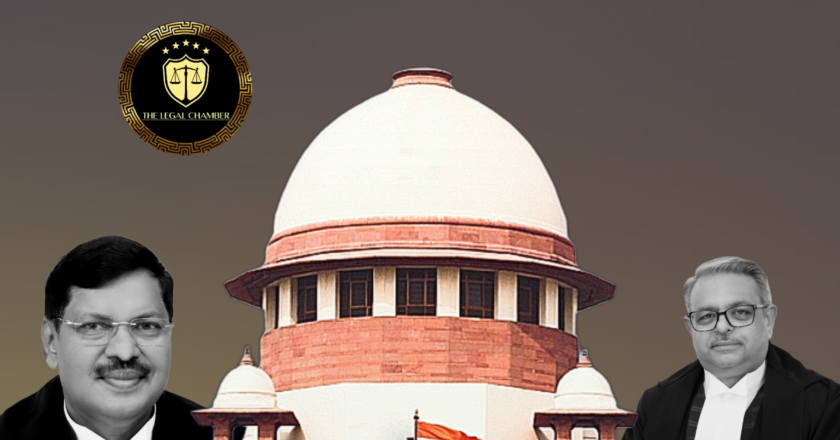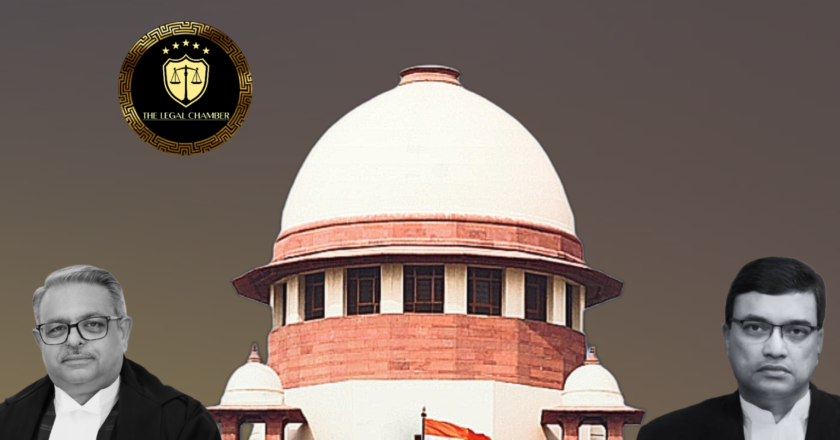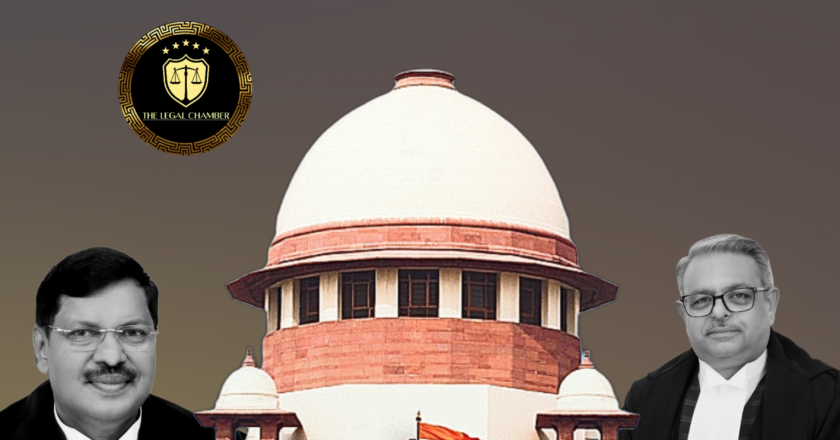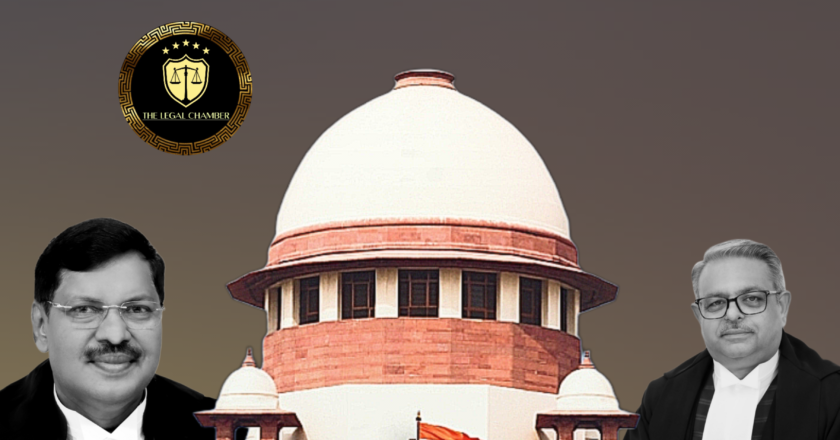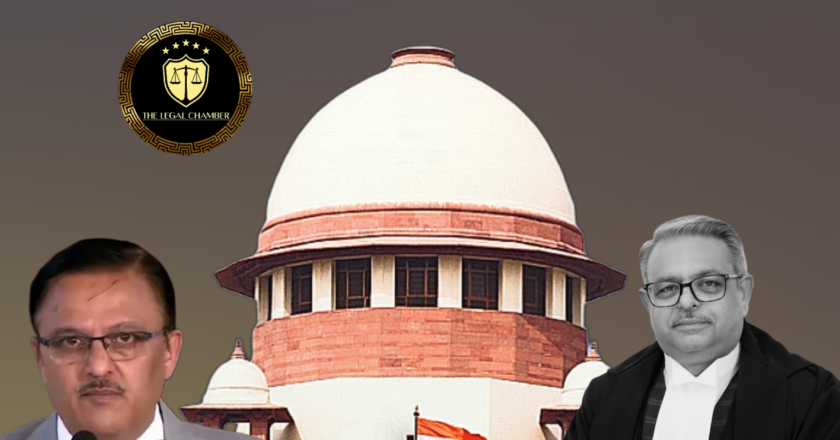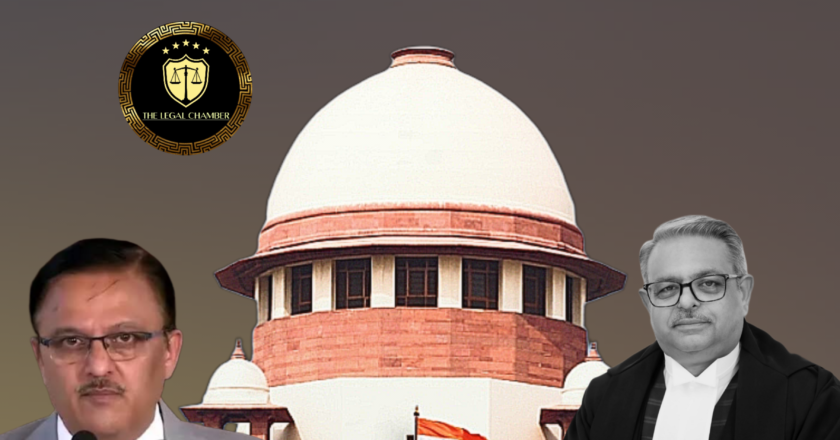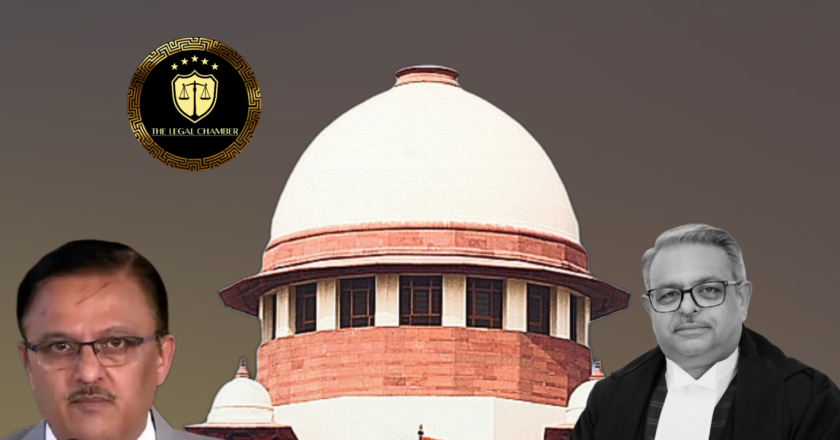Supreme Court Modifies Order: Pre-1996 Encroachments on Forest Land Spared from Eviction
The Supreme Court modified its earlier order concerning forest land regularization. It declined to exempt small fragmented land parcels from being declared as protected forest but clarified the state could utilize them for purposes under Section 3(2) of the Forest Rights Act, 2006, following due procedure. The Court also allowed a one-time exemption for pre-December 1996 encroachments on specified categories of land, as recommended by the Central Empowered Committee.
Facts Of The Case:
The case originates from the landmark Godavarman Thirumulpad vs. Union of India case (W.P.(C) No.202 of 1995), which deals extensively with forest conservation across India. Within this ongoing litigation, an Interim Application (I.A. No.12465/2019) was filed concerning the classification and treatme...
